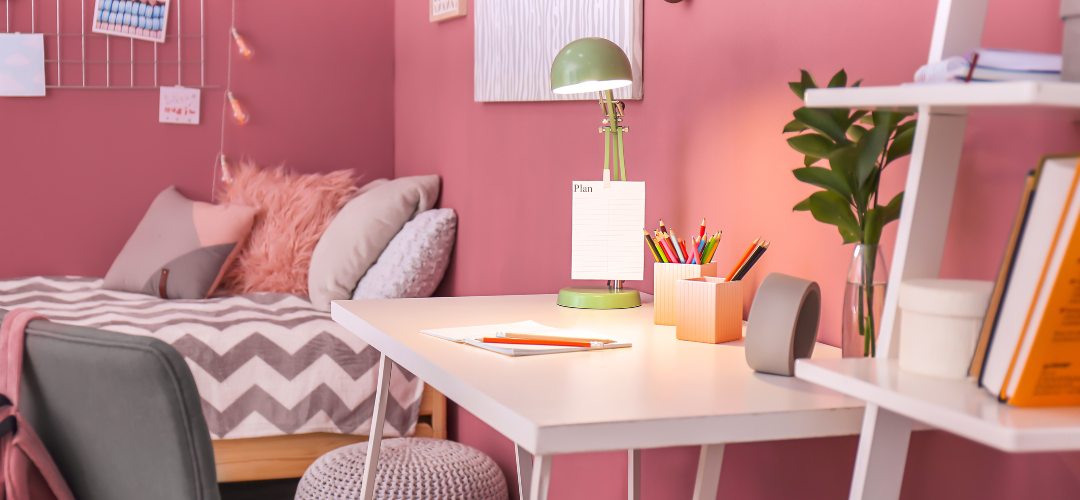Plywood is an engineered product composed of cross-laminated wood veneers bonded under heat and pressure—offering exceptional stability, tensile strength, and versatility in Indian interiors. However, its longevity is not just defined by manufacturing quality but equally by how it is maintained after installation. In India’s climate spectrum—from humid coastal zones to dry interiors—plywood is exposed to varying moisture levels, thermal stress, and high usage, especially in kitchens, wardrobes, and bed platforms.
Neglecting plywood maintenance can accelerate surface delamination, fungal growth, edge warping, and even termite infestation in susceptible areas. This guide takes a technical and preventive approach to plywood care—addressing material behaviour, environmental stress responses, finish degradation, and how to extend structural integrity through simple yet essential upkeep. From microfibre cleaning protocols to sealing practices and seasonal moisture controls, each recommendation is designed to maximise the performance of plywood in real Indian conditions.
Tip #1: Regular Dusting & Surface Cleaning
Dust, grime, and oil residues can dull finishes or cause discolouration over time.
✅ How to Maintain:
-
Wipe with a dry microfibre cloth weekly
-
For laminated surfaces, use a mild soap solution and soft sponge
-
Avoid abrasive cleaners or rough scrubbers
Tip #2: Monitor Humidity Levels
Plywood is hygroscopic—it reacts to changes in ambient moisture.
✅ How to Maintain:
-
Use a dehumidifier or silica pouches in high-humidity areas
-
In dry seasons, avoid direct heat sources like blowers or heaters
-
Allow natural air flow behind plywood-backed furniture
Tip #3: Seal the Edges
Unsealed edges are the most vulnerable to moisture, impact, and termite damage.
✅ How to Maintain:
-
Apply edge banding, PU sealant, or laminate strips on exposed sides
-
Re-seal areas after sanding or minor repairs
Tip #4: Protect Against Termites & Pests
While BWR/BWP ply is termite-resistant, poor maintenance can still lead to infestations.
✅ How to Maintain:
-
Use borate-based anti-termite sprays yearly in hidden corners
-
Avoid leaving plywood furniture in direct contact with wet floors or walls
Tip #5: Finish Touch-Ups
Over time, even the best finishes need a refresh.
✅ How to Maintain:
-
Use PU polish kits to repair light scratches
-
Re-coat veneer or PU surfaces every 3–5 years for renewed protection
Tip #6: Avoid Overloading Furniture
Excess weight can lead to bending, cracking, or weakening of ply joints.
✅ How to Maintain:
-
Distribute weight evenly on shelving and bed platforms
-
For wardrobes, use internal reinforcement for heavy storage loads
Plyneer’s Maintenance-Ready Solutions
-
Calibrated plywood for dimensional stability
-
Termite- and moisture-resistant grades (BWR/BWP)
-
Edge-sealed, finish-ready options
-
After-sales support for care and maintenance queries
Where to Buy Low-Maintenance Plywood in India
Related Reads to Build Smarter Interiors
-
How to Identify Good Quality Plywood
-
Best Plywood for Furniture
-
Plywood Finishing Techniques in India
Final Word
Plywood care isn't complex—but it does require consistency. With simple maintenance rituals and the right products, your furniture can remain sturdy, sleek, and reliable for years. Let Plyneer help you build—and maintain—interiors that last.
📞 Have questions about plywood aftercare? Contact Plyneer today!
🚀 Explore Easy-Care Plywood Options








